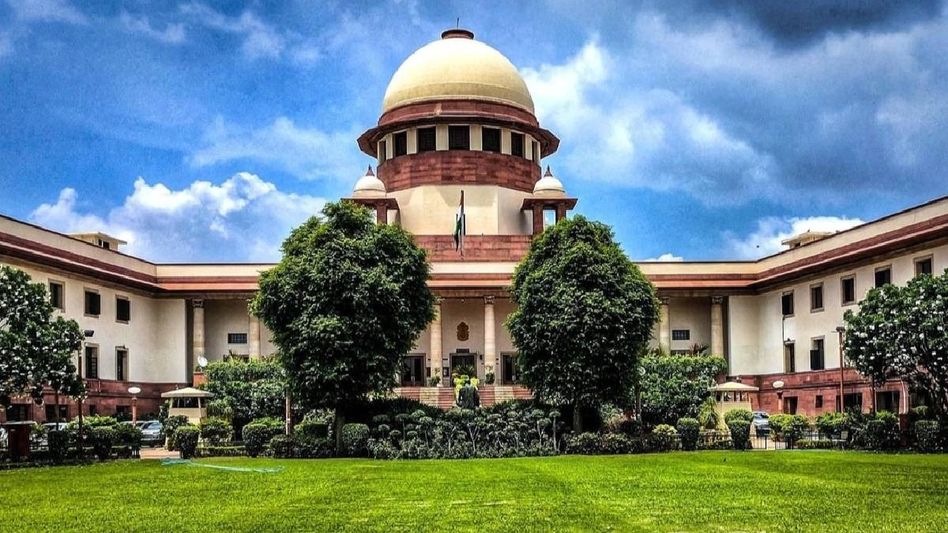Supreme Court to hear pleas challenging validity of Waqf Amendment Act today
The Supreme Court is set to take up a batch of petitions on Wednesday, April 16 contesting the constitutional validity of the Waqf Act, 1995, and its subsequent amendments.

The Supreme Court is set to take up a batch of petitions on Wednesday, April 16 contesting the constitutional validity of the Waqf Act, 1995, and its subsequent amendments.
Among the key petitions is one filed by advocate Hari Shankar Jain, who has called for the striking down of several provisions of the Act, alleging that they are being misused by Waqf Boards to unlawfully acquire immovable properties across the country.
Jain, who has been actively involved in legal efforts related to the Gyanvapi mosque in Varanasi and the Idgah in Mathura, has specifically challenged six sections of the Waqf Act. According to the petition, these provisions have facilitated unauthorized encroachments on land belonging to Hindu temples, government institutions, gram samaj properties, and public utilities, allegedly in the name of religious endowment.
Advocate Vishnu Shankar Jain, representing the petitioner, urged a Supreme Court bench led by Chief Justice Sanjiv Khanna and Justice Sanjay Kumar to hear the case along with other connected petitions. These include submissions from a diverse group of political leaders, religious scholars, legal activists, and organizations such as AIMIM president Asaduddin Owaisi, AAP’s Amanatullah Khan, the Association for the Protection of Civil Rights, Darul Uloom’s principal Arshad Madani, Samastha Kerala Jamiathul Ulema, advocate Taiyyab Khan Salmani, SDPI’s Mohd Shafi, the All India Muslim Personal Law Board, and RJD MP Manoj Kumar Jha.
The case is expected to raise significant constitutional and socio-religious questions, with the court examining both the legal framework governing waqf properties and the broader implications of their administration.
Copyright©2025 Living Media India Limited. For reprint rights: Syndications Today









